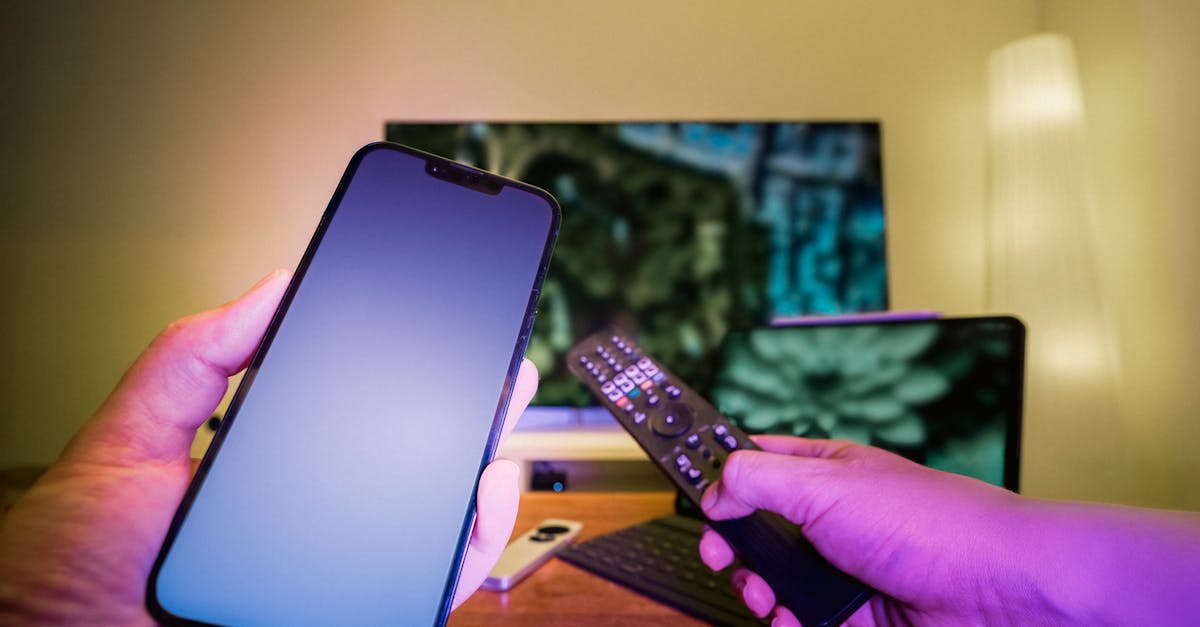Spotlight on the TV Buzz Revolution
Introduction
In today's rapidly evolving entertainment industry, the term "TV Buzz Revolution" has emerged as a defining force. This concept encapsulates the profound shift in how audiences engage with television content. Traditional viewing methods have been replaced by dynamic and interactive experiences. Shows now generate immediate online discussions, influencing viewer perceptions and predictions. Additionally, social media and streaming have created a landscape where audiences dictate the narrative momentum. This transformation marks a new era in television history, reshaping entertainment consumption patterns.
Advertisement
The Rise of TV Buzz
The TV Buzz Revolution is fueled by the proliferation of digital platforms and the democratization of content creation. Social media has enabled viewers to share insights, predictions, and critiques in real-time, turning spectators into active participants. This phenomenon has sparked the rise of community-driven dialogue, creating dedicated fan bases who follow every twist and turn of their favorite shows. The buzz surrounding a show can often reignite viewer interest, giving older series a new lease on life. In essence, word-of-mouth promotion, now accelerated by digital communication, plays a decisive role in a show's success.
Advertisement
Streaming Services and Their Role
Streaming platforms such as Netflix, Hulu, and Amazon Prime have redefined how television is consumed. By offering entire seasons at once, viewers can choose their pace, leading to widespread "binge-watching," which generates immediate discussions. This strategy has dethroned traditional TV scheduling systems, where audiences had to wait weekly for new episodes. Additionally, algorithms that recommend shows based on prior viewing habits encourage continuous consumption, fueling the ongoing buzz. These platforms are not just content providers but influencers, shaping viewer preferences and expanding the discourse around shows.
Advertisement
Social Media Influence
Social media's pervasive influence cannot be understated in the TV Buzz Revolution. Twitter, Reddit, and TikTok are platforms where viewers congregate to discuss their latest obsessions. The #TVBuzz hashtag has become a breeding ground for fan theories, plot predictions, and character analysis. These conversations transcend geographical boundaries, bringing global fans together. The viral nature of social media allows for rapid information dissemination. Furthermore, creators and actors often engage with these platforms, providing insights and behind-the-scenes content that intensifies the show's allure.
Advertisement
The Power of Fan Engagement
Fan engagement has emerged as a powerful force driving the TV Buzz Revolution. Fans have organized conventions, created fan fiction, and produced reaction videos, adding layers to the narrative. Popular series often boast vast online forums dedicated to dissecting every episode, enhancing the communal viewing experience. Fan debates surrounding unresolved plotlines or character developments keep the momentum alive between seasons. This direct engagement allows producers to gauge audience reactions and adjust future storylines accordingly. The result is a reciprocal relationship between creators and viewers, fostering a collaborative consumption experience.
Advertisement
Challenges of the TV Buzz Revolution
Despite its transformative impact, the TV Buzz Revolution faces notable challenges. The rapid pace of content turnover makes it difficult for shows to sustain long-term buzz. As new series are constantly released, attention spans wane quickly. Additionally, the pressure on creators to meet heightened viewer expectations can lead to rushed or subpar content. There's also the potential for negative buzz. Viewers can easily influence others' perceptions by spreading undesirable opinions. Managing these challenges requires companies to balance quality with quantity, ensuring a steady stream of engaging content.
Advertisement
Impact on Traditional Networks
Traditional television networks have had to adapt to the new landscape shaped by the TV Buzz Revolution. Many have launched their streaming services, recognizing the shift towards on-demand viewing. Networks now invest heavily in producing content that appeals to a more digitally savvy audience. They've also begun to integrate interactive features and second screen experiences during live broadcasts. Despite initial resistance, traditional networks acknowledge that embracing these changes will help maintain their relevance. The revolution has redefined their strategies, securing their place in contemporary entertainment.
Advertisement
The Future of TV Buzz
As technology advances, the TV Buzz Revolution is poised for further evolution. Virtual reality (VR) and augmented reality (AR) may offer more immersive viewing experiences. Personalized content catered to individual viewer preferences could redefine audience engagement once more. AI-driven storytelling could allow for interactive plot developments, tailoring narratives to viewer choices. This future is undoubtedly full of potential and unpredictability. As new technologies emerge, they are set to further blur the lines between creators, content, and the audience.
Advertisement
Balancing Creativity with Commercial Interests
Amidst the excitement of the TV Buzz Revolution, there's an underlying need to balance creativity with commercial interests. While viewer engagement offers unprecedented insight, it also poses risks of creative limitations. Stories must remain authentic to maintain their core audience while being innovatively marketed. Platforms strive to ensure their lineups resonate with diverse demographics while not compromising on artistic values. Achieving this equilibrium between commerce and creativity is crucial as the industry continues to evolve. Only then will they generate genuine buzz that withstands the test of time.
Advertisement
Conclusion
The TV Buzz Revolution has irrevocably transformed the entertainment landscape, driving both content and viewer engagement to new heights. Streaming services, social media, and fan interactions have democratized the viewing experience, making audiences active stakeholders. Yet, with this transformation comes challenges unique to a hyperconnected ecosystem, necessitating continuous evolution and innovation from producers and networks. As we look to the future, novel technologies promise to drive further revolution. Nonetheless, the essence of storytelling remains constant, reminding us that at its heart, entertainment's purpose is to connect and inspire.
Advertisement








